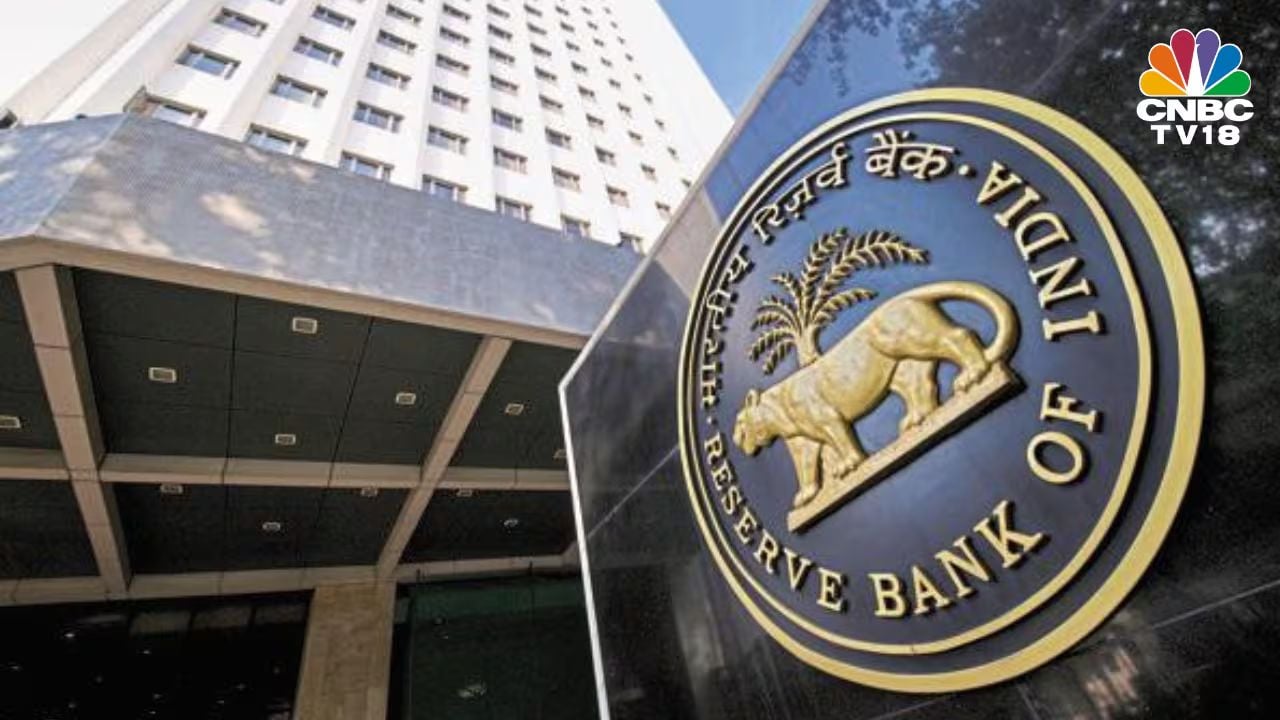
| Company | Value | Change | %Change |
|---|
The Reserve Bank of India’s (RBI) decision to reduce the CRR by 50 basis points (bps) to 4% from 4.5% has sparked discussions on its impact on liquidity, deposit rates, and the timing of potential rate cuts. This CRR cut, the first since March 2020, is expected to inject ₹1.16 lakh crore into the banking system, according to RBI Governor Shaktikanta Das.
The RBI’s Monetary Policy Committee (MPC) kept the repo rate unchanged at 6.5% for the 11th consecutive time on December 6, with a 4:2 majority. The decision aligned with expectations from a Citizens MPC conducted by CNBC-TV18, which predicted a rate pause with a 4:1 majority.
However, economists believe that rate cuts are on the horizon. Upasna Bhardwaj, Chief Economist at Kotak Mahindra Bank, noted that inflation could stabilise at 4% by mid-2024, opening the window for a rate cut in February. She emphasised the importance of global factors and fiscal policies in determining the timing.
Also Read | Top beneficiaries from the 50 basis points CRR cut by the RBI
Kaushik Das, Chief Economist at Deutsche Bank, also supported the CRR cut as a precursor to repo rate reductions. He predicted a 50-bps rate cut spread across February and April 2024, depending on the budget’s fiscal consolidation measures.
Shobhit Mehrotra, Head of Fixed Income at HDFC AMC, highlighted that the easing cycle might be limited to 50 bps. He suggested that rate cuts could be more effective if spaced out, with the potential second cut occurring beyond April.
Kanika Pasricha, Chief Economic Advisor at Union Bank of India, pointed to challenges in achieving a 7% GDP growth rate in FY25. She attributed this to global uncertainties and the lack of a broad-based recovery in private capital expenditure.
Also Read | RBI doubles UPI Lite offline transaction limit to ₹1,000, sets ₹5,000 total cap
Ajay Srivastava, CEO of Dimensions Corporate Finance Service, criticised the ongoing struggle to control inflation, noting that it has remained above the 4% target for three years and is unlikely to ease until the next fiscal quarter.
Srivastava said that the battle against inflation appears to be lost, with visible signs of defeat in policymakers’ demeanour, warning of its long-term consequences.
For more details, watch the accompanying video
Catch all the latest updates from the stock market here
Catch all the latest updates from the RBI policy here

